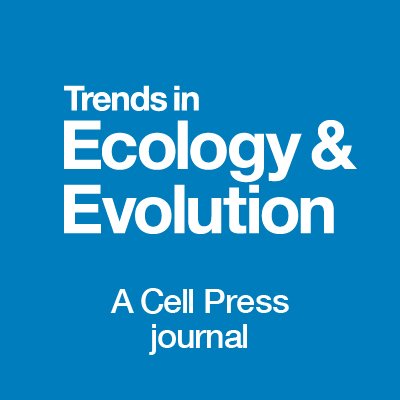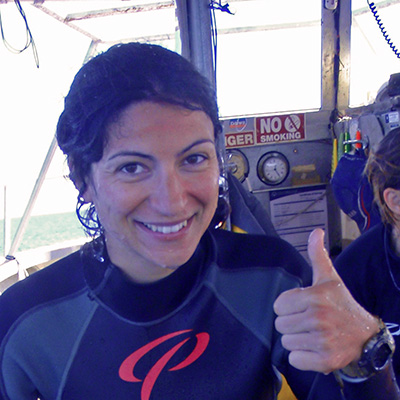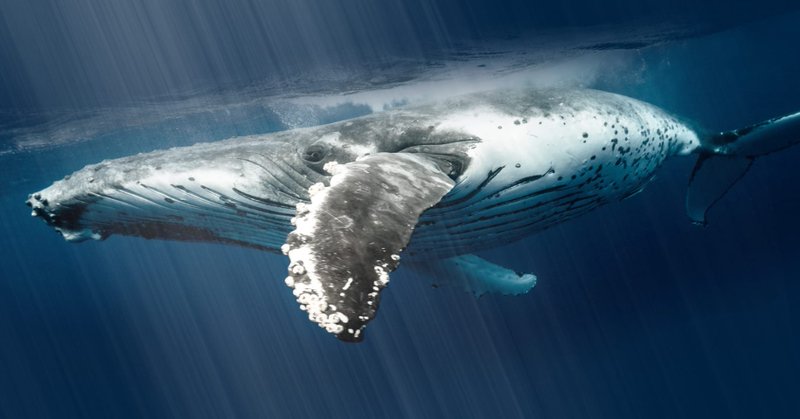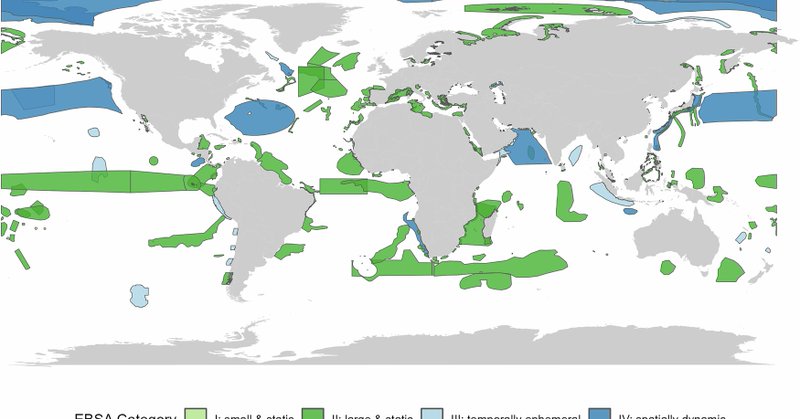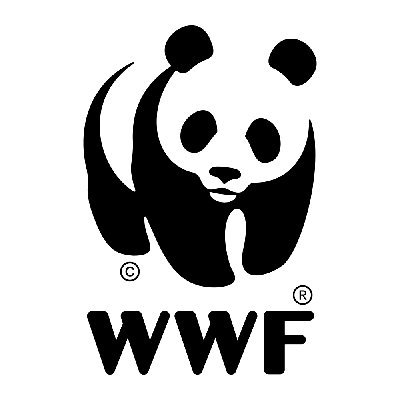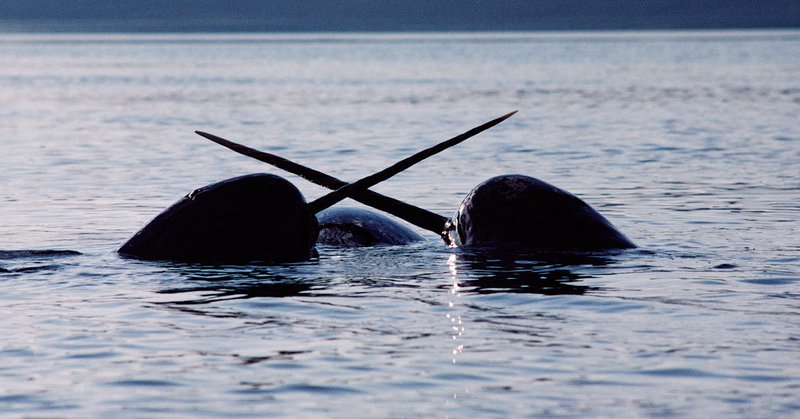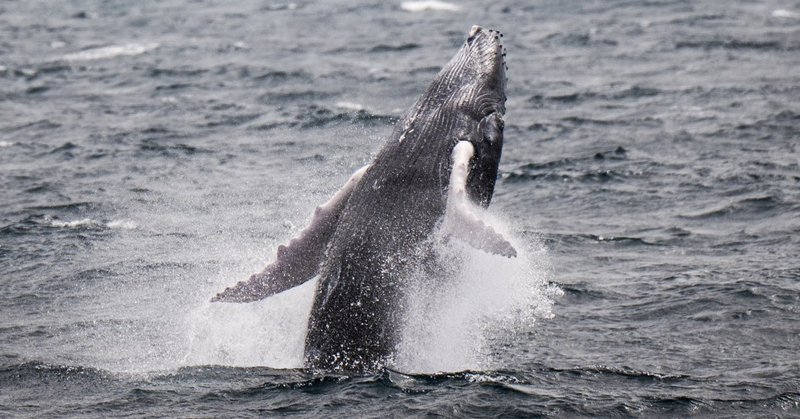
Ryan Reisinger
@ryan_reisinger
Followers
1K
Following
1K
Media
65
Statuses
562
Research on the ecology of marine predators. Associate Professor @OceanEarthUoS @unisouthampton. Research group @OPELresearch. https://t.co/06akhWdd0h
Southampton, UK
Joined November 2013
Excited to share our new paper "Maximizing biological insights from instruments attached to animals", led by @roxannesbeltran
https://t.co/xJdV5bz4cw
Online now: Maximizing biological insights from instruments attached to animals https://t.co/CCYtQ68nRj
0
15
43
New paper Part of CCAMLR's precautionary management framework for Antarctic krill fishing expired in 2024. Fishing may now concentrate in space and time—exactly what CCMALR sought to prevent. New framework needed urgently. https://t.co/x0d2cjsOeq Funded by @UKBCFs
0
0
3
This #WorldOceanDay, we’re proud to share Blue Corridors - a game-changing @WWF platform mapping 1,437 whales’ journeys from 31 years of data 🌊 Associate Professor Ryan Reisinger and PhD student Josh Wilson played a key role in its creation. 🔗 https://t.co/8tnxdiXxfN
2
8
14
Immensely proud to have made a very small contribution to this landmark paper!
📢A MegaMove milestone has just been published in @ScienceMagazine! With ~380 collaborators from 50 countries, we mapped the movements of 12k+ marine megafauna to identify key habitats 🌊🐋🦈 @pewenvironment @MegaMove_Org @EcoEvo_ANU @uwaoceans
https://t.co/rMZ781kRTZ
0
1
13
📢A MegaMove milestone has just been published in @ScienceMagazine! With ~380 collaborators from 50 countries, we mapped the movements of 12k+ marine megafauna to identify key habitats 🌊🐋🦈 @pewenvironment @MegaMove_Org @EcoEvo_ANU @uwaoceans
https://t.co/rMZ781kRTZ
sequeiralab.com
A new Science paper maps global hotspots for marine megafauna & finds that planned increased protection will be insufficient to cover most areas
1
28
69
https://t.co/2mySM4qpPk - proud to be part of such an incredible initiative to help whale conservation globally. Congratulations to all scientists and organizations involved in creating such an amazing too to protect the oceans. #bluecorridors, #whaleconservation
bluecorridors.org
Protecting Blue Corridors combines 30 years of satellite tracking data to identify critical whale habitats and migratory routes in an effort to aid global and regional conservation plans, mitigate...
0
2
8
Joshua Wilson and I led the data curation for a new initiative from @WWF_Whales in collaboration with Ode Partners + data from >50 research groups. https://t.co/ifBOHLA0l8 is an interactive tool that brings whale migrations to life!
0
4
22
New work out today! 🌏 We identify geographic and taxonomic gaps in EBSA descriptions, trends in the levels of protection observed, and ways forward to improve the uptake and appropriate use of the outputs of this singular intergovernmental process. https://t.co/KJJjkRnxr2
nature.com
npj Ocean Sustainability - What is an ecologically or biologically significant area?
0
2
3
🚨🚨🚨!Post doc opportunity! 🚨🚨🚨 35 month post doc on niche modelling of migratory whales in my lab with @Kjonesthebones. Job advert below: https://t.co/oVA2WnLU2m Please get in touch with questions!
0
85
204
This #WorldWhaleDay, my colleagues and I spoke with @WWF_Whales about the incredible journeys whales take across our oceans—where, why, and how they migrate, and what we can do to protect their vital blue corridors. https://t.co/sK0SUiXCrM
wwfwhales.org
A deep dive into where, why, and how whales migrate – and how to protect their blue corridors. From gray whales undertaking epic transoceanic journeys to minkes navigating shorter, seasonal shifts,...
0
1
7
[1/2] From #GrayWhales 🐳 undertaking epic transoceanic journeys to #minkewhales navigating shorter, seasonal shifts, #whale #migrations are deeply entwined with the arc of their lives & the health of our #oceans 🌊 🤓 Do you actually know why #whales migrate in the first place?
1
2
2
#ThingsWithRings! New @ConversationUK article about some of the surprising biological archives out there, and what we can use them for... https://t.co/16j1N8ASM4
#otoliths #archaeology #forensics #fish #sclerochronology #biochronology @Uni_of_Essex @EssexLifeSci @ConversationUS
theconversation.com
From whale earwax to bird feathers, almost all organisms keep a record of their existence.
1
8
12
Art, music and science combine at a new whale exhibition at Winchester Cathedral https://t.co/ObbZSoNllE via @ConversationUK
theconversation.com
A new immersive art installation highlights the effects humans have on ocean ecosystems, and whales in particular.
0
0
4
Monumental whale sculptures by artist Tessa Campbell Fraser are currently suspended in @WinCathedral. @ryan_reisinger and Drew Crawford explore how art, music and science are combining for the impressive exhibition, in this new piece for @ConversationUK: https://t.co/wCdq2x9yTW
theconversation.com
A new immersive art installation highlights the effects humans have on ocean ecosystems, and whales in particular.
0
2
1
Chatted with @insideclimate about our #krill4whales research: Scientists Call for More Marine Protected Areas in the Southern Ocean
insideclimatenews.org
As climate change and commercial fishing threaten krill, the crustaceans that fuel Antarctica’s entire food web, scientists and advocates say those responsible for protecting Antarctica’s marine life...
0
4
13
I chatted with @NBCNews about Ekaterina Kalashnikova and colleagues' new @RSocPublishing paper on an epic humpback whale migration:
nbcnews.com
Scientists behind the new research suggested that the record journey may be linked to climate change or possibly a shift in mating strategies.
1
0
1
#PhD opportunity! Mapping Arctic #marinemammal distributions ❄️🐳 🦭❄️ w ship & satellite surveys, investigating their interactions with vessels Led by @Lhm3Lauren w @BAS_News (me & @WhalesFromSpace), @univofstandrews, @DFO_MPO & @HX_Expeditions 🚢 ❄️ https://t.co/neeua7L88e
0
24
54
🚨🚨 New Paper Alert! 🚨🚨 In @ScienceMagazine: Over 400k whale sightings combined with @GlobalFishWatch data reveal how shipping traffic puts whales at risk across the global ocean. 🌊🐋 https://t.co/yCZHDDUm9T
https://t.co/lrvKRuKJC2
2
22
48
Dr @ryan_reisinger told the @washingtonpost that the we have never seen emperor penguins on mainland Australia before, so the sighting of a lone penguin on a beach more than 2,000 miles from its natural habitat was exceptional. https://t.co/9WIGSjxDhU
washingtonpost.com
The emperor penguin was found on an Australian beach near the coastal town of Denmark, more than 2,200 miles from its Antarctic habitat.
0
2
5

